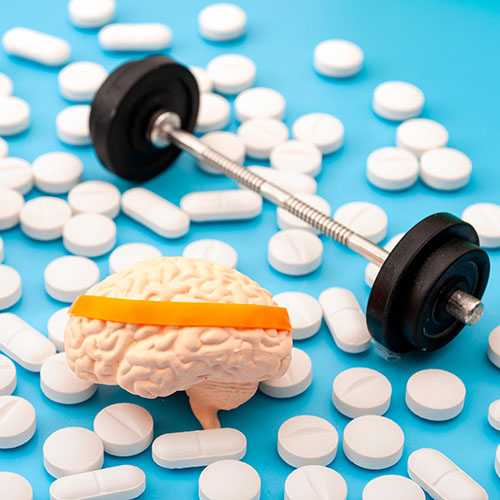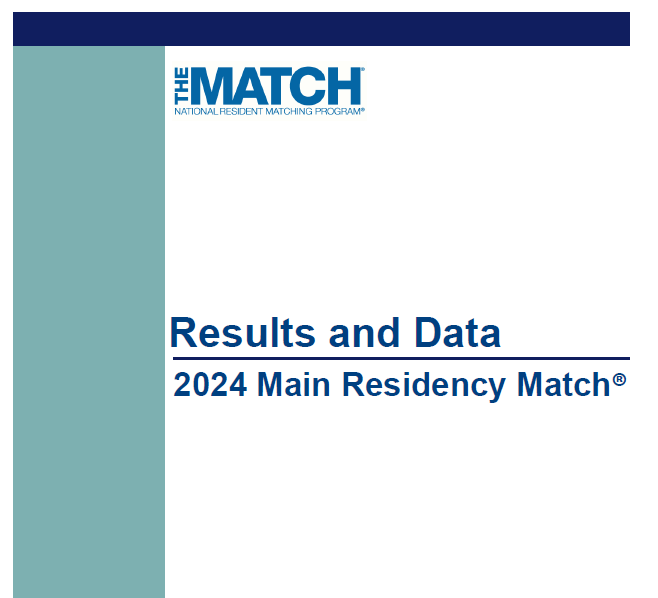Phil Goodman
Well-Known Member
First off I’ll start by saying I’m really glad to hear you pulled out of it. Depression is the worst thing I’ve ever experienced so I’m always glad to hear about happy endings.Antidepressants are not a way to resolve depression, but to give someone that has no drive to change circumstances (he mentions fatigue, etc) a way to take charge to make those changes. I have been in dark holes where I felt frozen and could not see the light. The last thing I wanted is to have people list the things I needed to do to "snap out of it".
Trintellix worked right away for me. I took it for three months and stopped when I had made enough changes because I had the energy to do so.
I’d also say that your implementation is a perfect example of how they should be used when someone decides to utilize them. Unfortunately in our current system that typically isn’t how they’re viewed or used. Now we start throwing them at teenagers and adults at the first sign of issues. Then if they aren’t as effective as the patient had hoped, they just give them another to take on top of it. The majority of people on antidepressants have been on them for over two years, and a very significant number have been on them for over a decade. That is the issue I was bringing up in my earlier post. Again, your usage is a perfect example of how they can be a temporary tool to get a person back on a positive track.


















